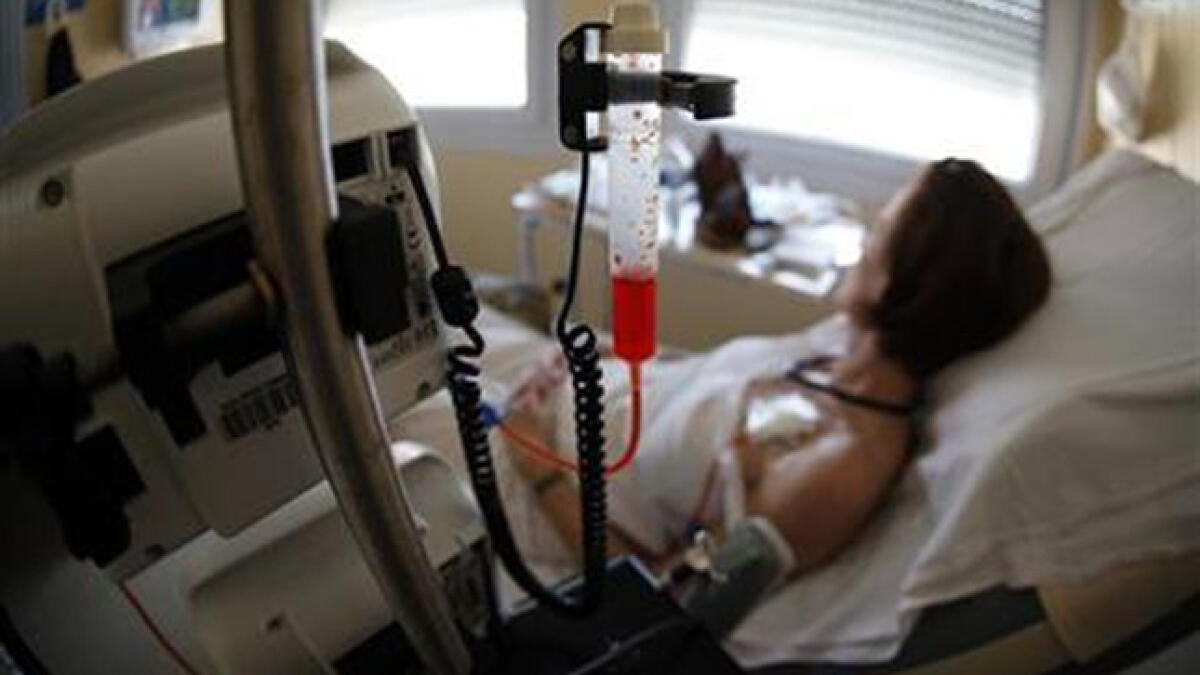A 46-year-old woman successfully overcome a rare and aggressive form of stomach cancer known as neuroendocrine carcinoma (NEC), which affects less than 1% of stomach cancer cases. She first went to SEHA hospital in Abu Dhabi for stomach pains, and a CT scan revealed a malignant gastric ulcer and a lesion in her liver. Her biopsy confirmed the presence of a high-grade, aggressive tumour with a Ki-67 proliferation index reaching 90%, indicating rapid cancer cell division. The treatment plan involved pre-operative nutritional support through a feeding tube, followed by minimally invasive surgery to remove all cancerous tissue.
The successful outcome of the woman’s case highlights SEHA’s multidisciplinary approach in diagnosing and managing rare and challenging diseases. Dr. Solomon Kuruvilla P John, the specialist handling the patient’s surgery, emphasized the importance of collaborative and evidence-based decision-making in managing such cases. The case report underscores the need for thorough workup, treatment planning, and comprehensive care to optimize patient outcomes. The patient underwent post-operative monitoring with imaging scans to ensure the complete removal of cancer cells and to detect any signs of recurrence.
The woman’s journey with NEC serves as a testament to the effectiveness of a collaborative and multidisciplinary approach in treating rare and aggressive malignancies. The success of her treatment at SEHA hospital showcases the importance of early detection, thorough evaluation, and evidence-based decision-making in managing such complex diseases. The comprehensive care provided to the patient, from nutritional support to post-operative monitoring, played a crucial role in her successful recovery. The collaborative efforts of a team of specialists, led by Dr. Solomon Kuruvilla P John, highlight the importance of a coordinated approach in addressing challenging medical conditions.
The case report of the woman’s battle with NEC underlines the significance of rigorous treatment planning and follow-up care in achieving positive patient outcomes. The consistent monitoring and imaging scans post-surgery ensured the early detection of any signs of cancer recurrence, allowing for timely intervention. The successful management of the woman’s rare and aggressive form of stomach cancer at SEHA hospital demonstrates the effectiveness of a comprehensive and multidisciplinary treatment approach in tackling complex medical conditions. The patient’s journey serves as an inspiration and a testament to the importance of early detection, collaborative care, and evidence-based treatment in overcoming challenging diseases.











